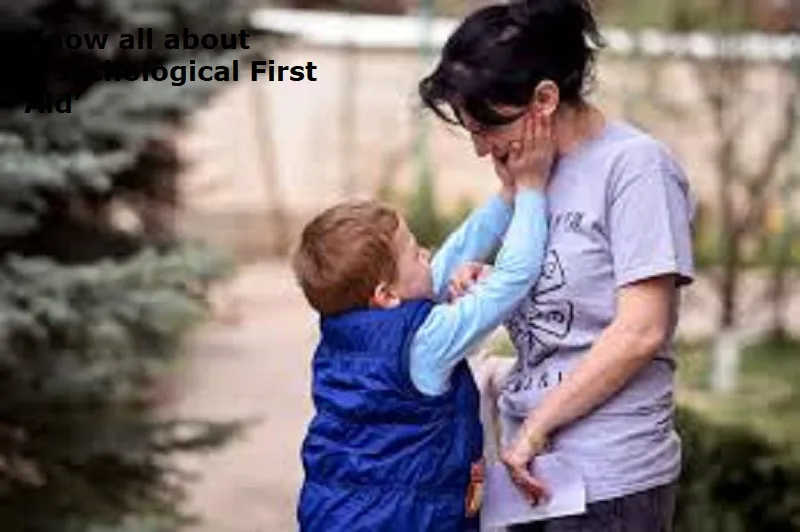
Psychological First Aid (PFA) is an evidence-informed approach to provide immediate support to individuals and communities experiencing distress after a traumatic event, disaster, or crisis. It focuses on promoting safety, stability, and resources to help individuals cope and recover from the immediate impact of the event.
According to the World Health Organisation (WHO), PFA is a humane, supportive, and practical approach to helping individuals in the aftermath of distressing events.
Here are 7 essential principles of psychological first aid.
1. Ensure safety first
Before approaching someone in distress, ensure the area is safe for both the affected person and yourself. Whether at the site of an accident or a natural disaster, physical safety must be the priority. The WHO recommends avoiding overwhelming environments and moving individuals to a quieter, secure location if possible.
2. Be calm and approachable
Your attitude can influence the affected person’s emotional state. Speak slowly and clearly, maintain a calm tone, and offer a reassuring presence. The International Federation of Red Cross and Red Crescent Societies (IFRC) stresses that active listening and non-verbal cues such as eye contact and nodding are key.
3. Listen without pressuring to talk
Offer a listening ear but do not push anyone to share more than they want to. Silence is okay. Let them speak at their own pace. Avoid judgment or assumptions. According to WHO’s psychological first aid guidelines, simply being there in a compassionate way can make a huge difference.
Also Read: Yoga Asanas Every Woman Should Practice
4. Offer practical help
Help with basic needs; water, food, medical assistance, or locating loved ones. Small, practical tasks can significantly ease anxiety. Your goal is not to fix everything but to support them with what is manageable and necessary in the moment.
5. Connect them with reliable services
If further assistance is needed; such as shelter, legal aid, or mental health services, provide accurate information and help connect them. The United Nations High Commissioner for Refugees (UNHCR) notes that linking people to support systems prevents long-term psychological consequences.
6. Respect privacy and dignity
Do not force help or invade personal space. Respect the individual’s wishes, confidentiality, and personal boundaries. This is especially important for survivors of abuse or violence, where retraumatisation can easily occur if care is not respectful and gentle.
7. Promote hope and resilience
Gently remind individuals that most people recover over time with proper support. Highlight their strengths and past coping strategies. The WHO advises reinforcing community and family connections, which are crucial protective factors in trauma recovery.

Post Your Comments